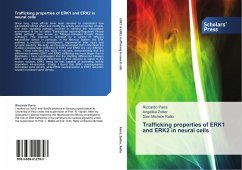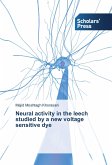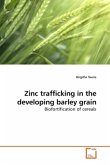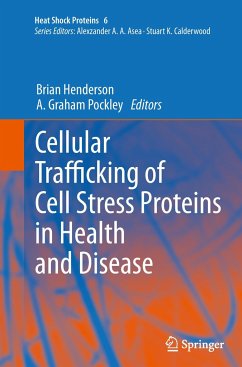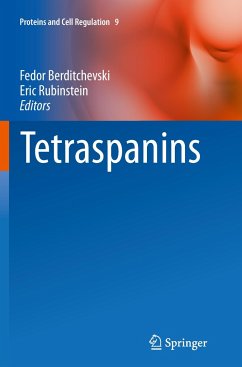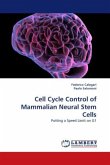Since long, great efforts have been devoted to understand how extracellular stimuli affect and modify the activity and properties of cells. The main signaling pathway involved in sensing the extracellular environment is the so called "Extracellular signaling-Regulated Kinase (ERK) pathway" (also known as "Mitogen-Activated Protein Kinase pathway"). This cascade is activated by a variety of different extracellular stimuli. In particular, in the Nervous System, the ERK pathway is involved in development, regeneration after injury and synaptic plasticity. Recently, we have demonstrated that in fibroblast the nuclear-cytoplasmatic trafficking of ERK1 and ERK2 are very different. Here, I have extended this study in neurons, demonstrating that the differences between ERK1 and ERK2 trafficking are much larger than in fibroblasts. I have hypothesized that the shuttling differences between ERK1 and 2 translate in differences in their capacity to signal to the neuron nucleus, ERK1 being far less capable of activating activity dependent transcription. Finally, I found that ERK1 overexpression decreased spine density, while ERK2 overexpression or ERK1 reduction caused increased spine density.
Bitte wählen Sie Ihr Anliegen aus.
Rechnungen
Retourenschein anfordern
Bestellstatus
Storno

